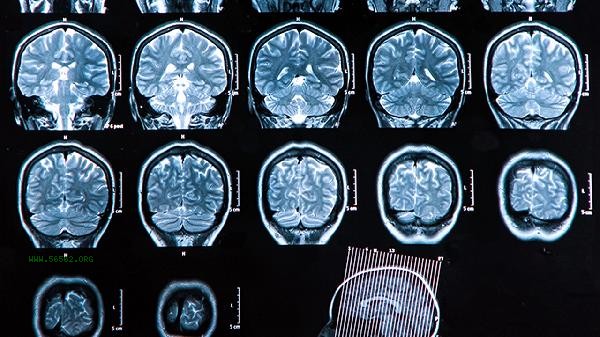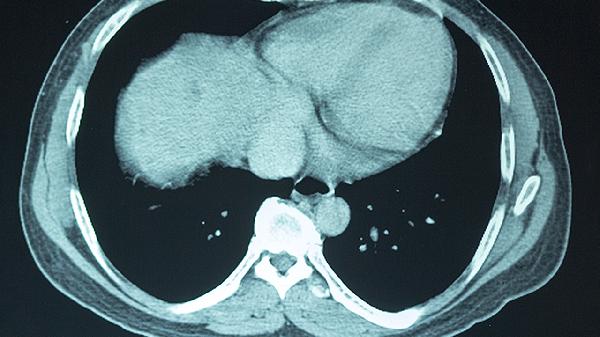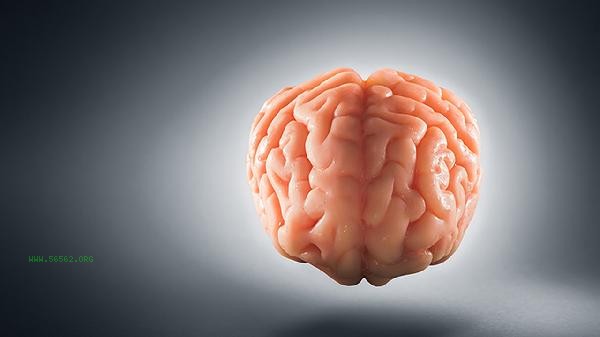Supplementing the frontal lobe of the brain can be achieved by consuming fish, nuts, dark vegetables, berries, whole grains, and other foods rich in omega-3 fatty acids in moderation. It is also possible to take medications such as sodium phosphatidylcholine tablets, oxiracetam capsules, piracetam tablets, aneracetam capsules, and donepezil hydrochloride tablets as prescribed by the doctor. It is recommended to supplement nutrition or receive medication under the guidance of a doctor, taking into account specific circumstances.

1. Food
1. Fish rich in omega 3 fatty acids
Salmon, sardine and other deep-sea fish contain rich omega 3 fatty acids, which are important components of brain cell membranes and help maintain the normal function of prefrontal neurons. DHA in omega-3 fatty acids has a positive effect on improving cognitive function and memory, and moderate consumption can support brain health.
2. Nuts
Walnuts, almonds, and other nuts are rich in vitamin E and healthy fats, and have antioxidant effects that can reduce the damage of free radicals to frontal lobe nerve cells. The unsaturated fatty acids and plant sterols in nuts help improve blood circulation in the brain and provide sufficient nutrition for the frontal lobe. 3. Dark leafy vegetables such as spinach and kale are rich in folate and vitamin K, which are involved in neurotransmitter synthesis and myelin formation. Folic acid deficiency may lead to cognitive decline, and moderate supplementation can help maintain normal metabolic activity in the prefrontal cortex. 4. Berries
Blueberries, blackberries, and other berries are rich in antioxidants such as anthocyanins, which can alleviate oxidative stress damage to the prefrontal cortex. The polyphenolic compounds in these fruits can improve brain microcirculation and enhance the efficiency of signal transmission between neurons. Whole grain foods such as oats and brown rice provide a stable supply of glucose, which is the main energy source for the brain, especially the prefrontal cortex. The B vitamins in whole grains participate in neurotransmitter synthesis and help maintain the normal functioning of the prefrontal cortex.
2. Drug
1. Sodium Phosphatidylcholine Tablets
Sodium Phosphatidylcholine is a neuroprotective agent that can promote phospholipid metabolism in the brain and improve energy metabolism of brain cells in the frontal lobe region. This medication is suitable for cognitive impairment caused by cerebrovascular disease and should be used under the guidance of a neurologist.
2. Olacetam Capsules
Olacetam belongs to the category of cognitive enhancing drugs, which improve the learning and memory function of the frontal lobe by regulating the glutamatergic nervous system. Clinically used for the treatment of mild to moderate vascular dementia and senile dementia, liver and kidney function should be evaluated before use.

3. Piracetam tablets
Piracetam can enhance the connection between the cerebral cortex and subcortical structures, improve executive function and attention in the prefrontal cortex. Suitable for cognitive rehabilitation therapy after traumatic brain injury or cerebrovascular accident, which may result in adverse reactions such as gastrointestinal discomfort.
4. Aniracetam Capsules
Aniracetam can promote acetylcholine synthesis in the brain and enhance the information processing ability of the prefrontal cortex. Mainly used to treat cognitive impairment caused by degenerative diseases such as Alzheimer's disease, it is necessary to regularly monitor the improvement of cognitive function.
5. Donepezil Hydrochloride Tablets
Donepezil is a cholinesterase inhibitor that improves cognitive function by increasing the concentration of acetylcholine in the prefrontal cortex. Suitable for symptomatic treatment of mild to moderate Alzheimer's disease, attention should be paid to possible cholinergic side effects when using. Maintaining the health of the frontal lobe of the brain requires comprehensive regulation. In addition to a reasonable diet and necessary medication treatment, it is recommended to cooperate with aerobic exercise, cognitive training, and adequate sleep. Regular aerobic exercise such as brisk walking and swimming can promote blood circulation in the brain; Cognitive activities such as reading and playing chess can stimulate the plasticity of the prefrontal cortex; Ensuring 7-8 hours of high-quality sleep can help restore prefrontal function. At the same time, behaviors that damage brain health, such as staying up late for a long time and excessive drinking, should be avoided. Maintaining a positive and optimistic attitude is equally important for maintaining prefrontal function.









Comments (0)
Leave a Comment
No comments yet
Be the first to share your thoughts!